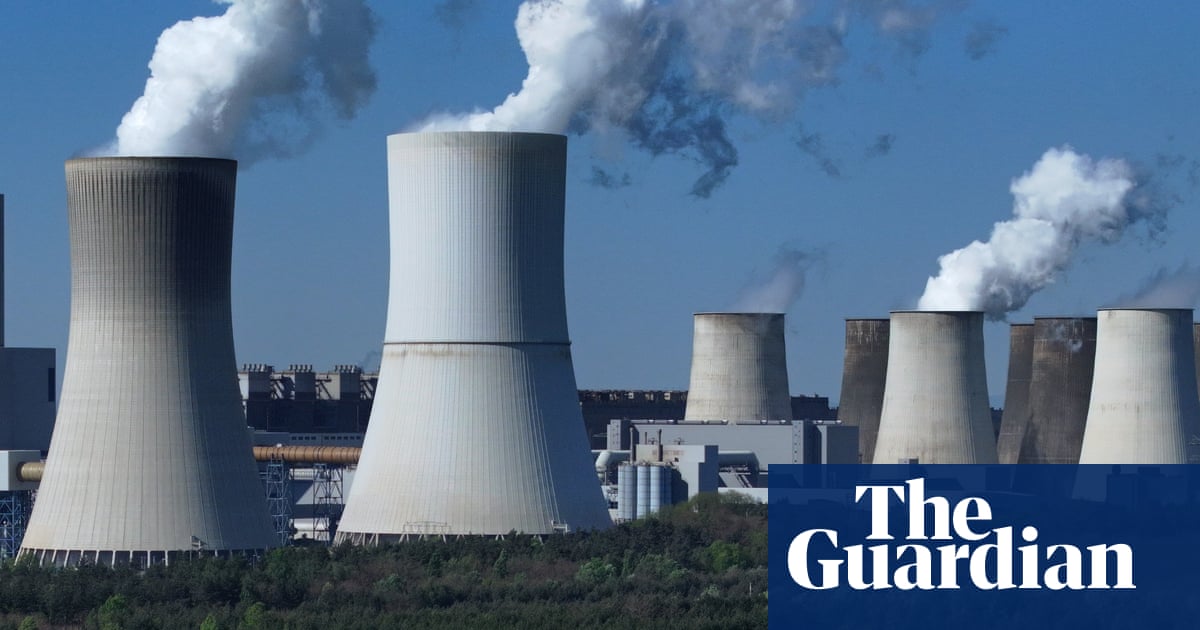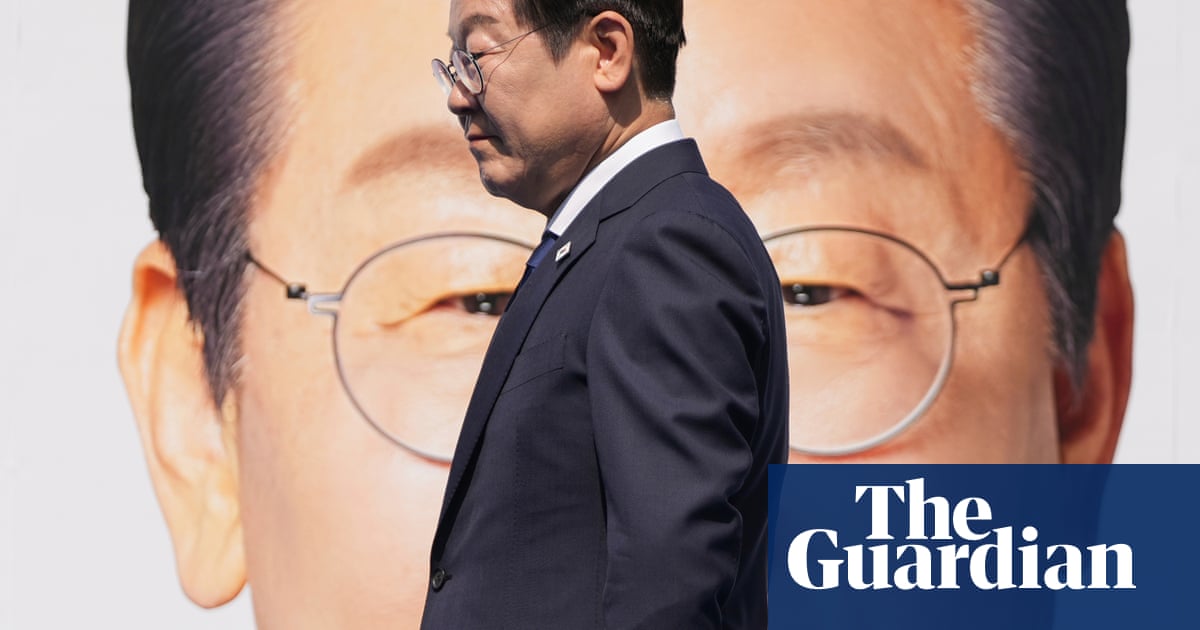Every political movement has an image of the past that motivates its view of the future. For conservatives, it might be the imaginary suburbia of a 1950s coffee commercial; for liberals, the solidarity of a New Deal-era Works Progress Administration poster. For Ezra Klein and Derek Thompson, it is the techno-optimism of the 1964 New York World’s Fair “Futurama” exhibit: a vision of commuter flights to the moon, desalinisation turning deserts into farmland, hotels on the ocean floor. In their book, Abundance, they argue for a new politics that unlocks the potential of the remarkable technologies that already exist, as well as those yet to be invented.
But that future is behind schedule – and Abundance holds late 20th‑century liberalism responsible. (Klein and Thompson critique the right, too – they are themselves liberals – but this book speaks only to their co-partisans, with the downside of artificially telling just half the story). Liberals, Klein and Thompson say, nobly fought to redistribute what we have to those without, while losing sight of the goal of creating more to redistribute in the first place. Meanwhile, they sought to protect the public from the unchecked consequences of growth: the bulldozers of urban renewal and the pollution of industrialisation. They succeeded, but left the state too constrained to solve the challenges of today. When government rouses itself – as with the breakneck effort to invent, manufacture and deploy a Covid vaccine – it can perform miracles. Too often, it doesn’t. (Their focus is the US, but readers in other developed economies will quickly see analogies in infrastructure projects and opportunities for innovation stymied closer to home.)
Klein and Thompson’s case studies are described with the clarity, accessibility and rigour that characterises their policy journalism, in the New York Times and the Atlantic respectively. For example, they tell how California began studying high-speed rail, a clean and congestion-free alternative to cars and planes, more than 40 years ago. It took a decade for planning to begin in earnest; another decade-and-a-half to get funded; 16 years after that, it still doesn’t exist. High-speed rail has been swallowed by procedures erected to prevent every conceivable harm to every conceivable stakeholder. The environmental reviews needed just to describe the project’s impacts began in 2012; they still aren’t done. All the while, costs keep increasing.
They attribute a slowdown in scientific breakthroughs to the paperwork burdens placed on researchers, who may spend up to 40% of their time on grant administration. In everything from planning regimes that block badly needed housing and solar farms, to the ossified processes for writing federal regulations and hiring civil servants, they see systems attuned to the harms of action and not its benefits, and convincingly argue that the rewards of reform are immense.
But what should replace these procedural impediments to progress? Here, Abundance ducks the most difficult issue. In assembling a brief against creaky and costly aspects of the status quo, it leaves unanswered the question of what should be kept – which costs are worth it. The authors accuse their opponents of “tradeoff denial”. Yet, in sketching out a future in which innovation is deployed only wisely, technocratically and for good, they succumb to the same vice.
Klein and Thompson’s story of sclerosis is of a “system so consumed trying to balance its manifold interests that it can no longer perceive what is in the public’s interest.” Opposing the political scrum, they instead valorise “strong leadership”. Any countervailing power is suspect. For various abundance thinkers, this has included legislatures and courts, environmentalists, unions and neighbourhood associations. Notably, their scepticism of non-majoritarian influence extends less frequently to corporate power.
In the cases described, this approach to governance may be right. The problematic assumption, though, is that we all agree on what is in the public interest. This impatient confidence sometimes shades into a quiet distrust of democracy. “The instinct to make science democratically responsible has gunked up the scientific process,” they write in one telling passage.
This is a book written during the Biden administration and published in the midst of a constitutional crisis. As Donald Trump and Elon Musk attack the underpinnings of constitutional democracy, Klein and Thompson sometimes share the latter’s Silicon Valley-inflected fear that we must choose between that democracy and a bountiful future. To be sure, they are no authoritarians, and there are virtues in a book focused on 2050 rather than 2025. But those of us seeking a “liberalism that builds” cannot turn away from the work of pluralistic democracy. Like Futurama, Abundance is a utopian project. In order to show what could be, it conceals the hard parts.
after newsletter promotion

 1 month ago
43
1 month ago
43













































